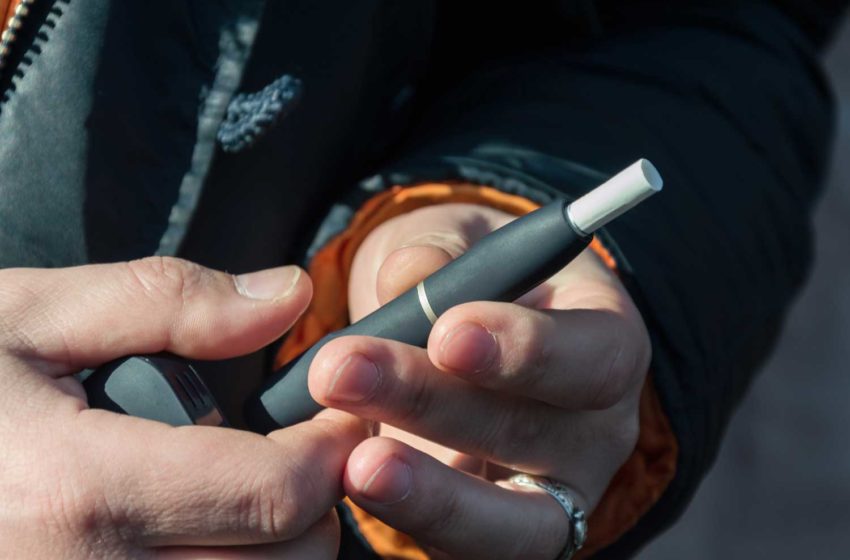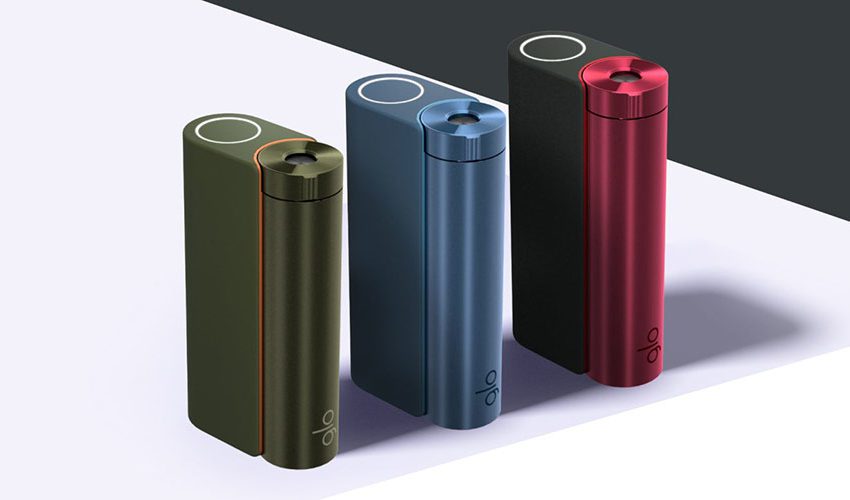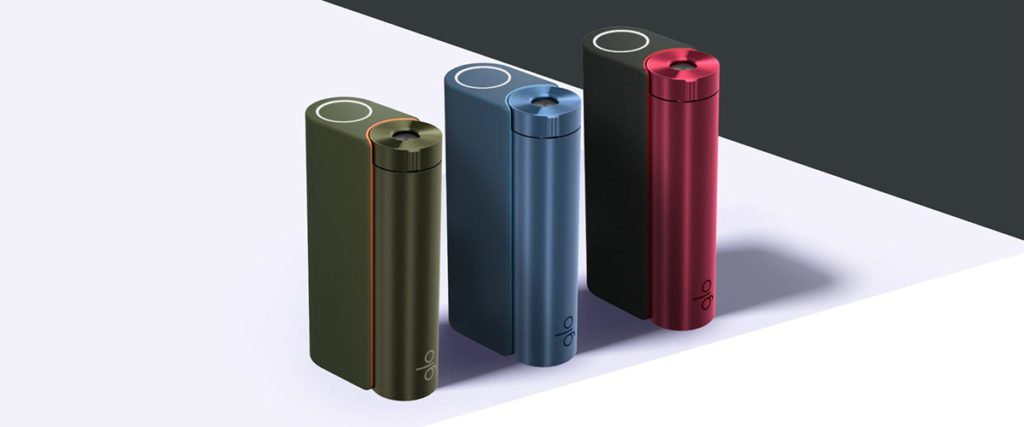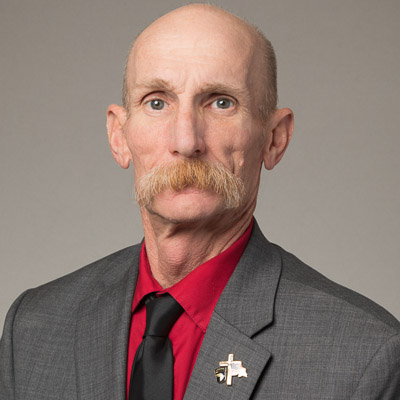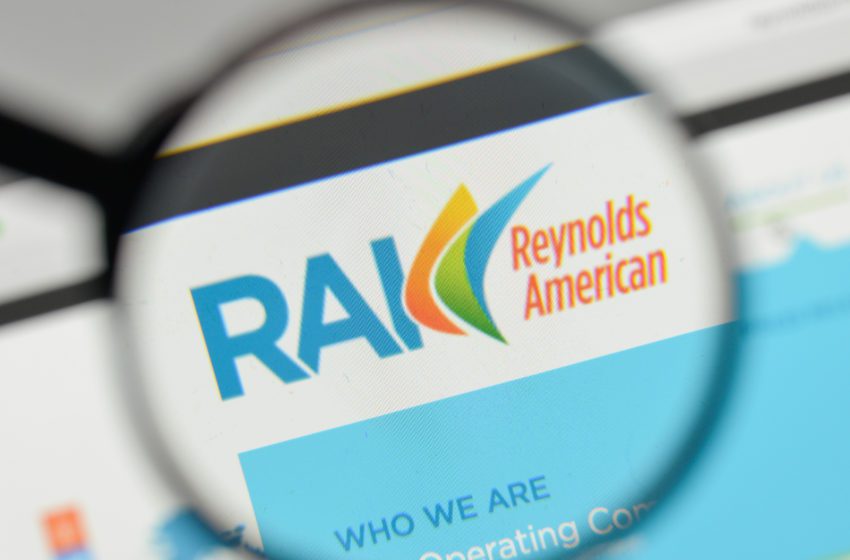
About 2 million smokers in Italy have switched to IQOS, reports Breaking Latest News, citing a Philip Morris International representative.
“We are moving forward at increasing speed toward our goal of building a cigarette-free future by making available to adult smokers who continue to quit the best technologies made possible by years of research and development,” said Marco Hannappel, president of Southwestern Europe at PMI.
“Today, on the one hand, we are celebrating an important result: Around 2 million smokers in Italy have switched to a valid alternative without combustion and have completely abandoned cigarettes; on the other, we relaunch our commitment thanks to a new technology, designed to further simplify the transition of smokers who are more resistant to change.”
PMI recently introduced IQOS Iluma One on the Italian market.
“At the end of December, thanks to the introduction of IQOS Iluma, we saw an increase in smokers switching to IQOS for exclusive use, i.e., completely abandoning traditional smoking,” said Gianluca Iannelli, head of marketing and digital at Philip Morris Italy. “With IQOS Iluma One, we aim to convince even the most resistant smokers to change their lifestyle, thanks to an even simpler and more intuitive device.”

